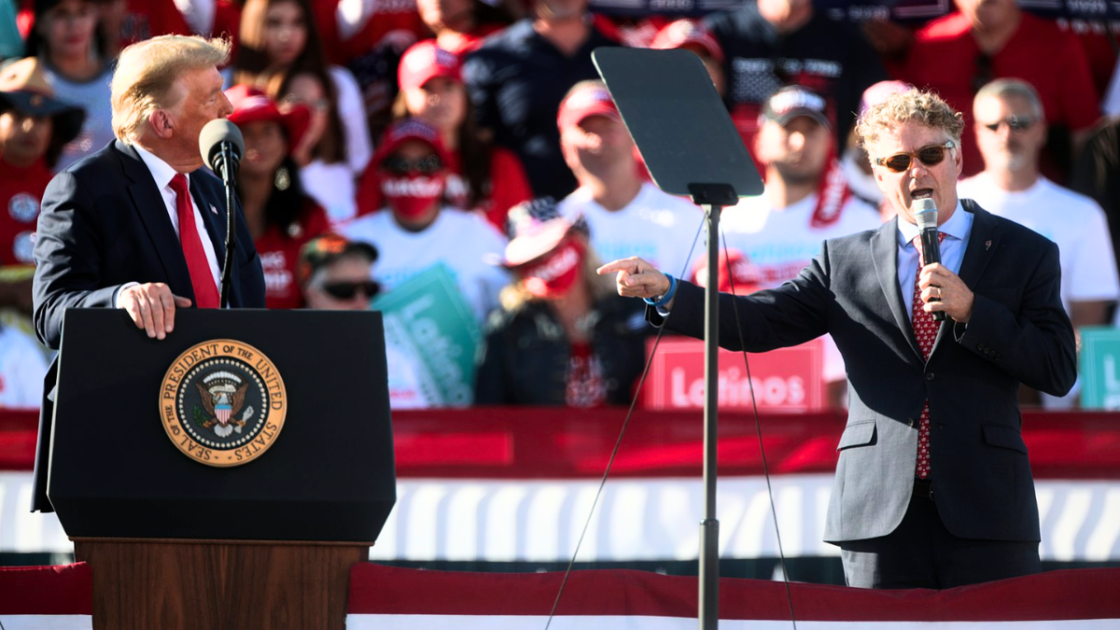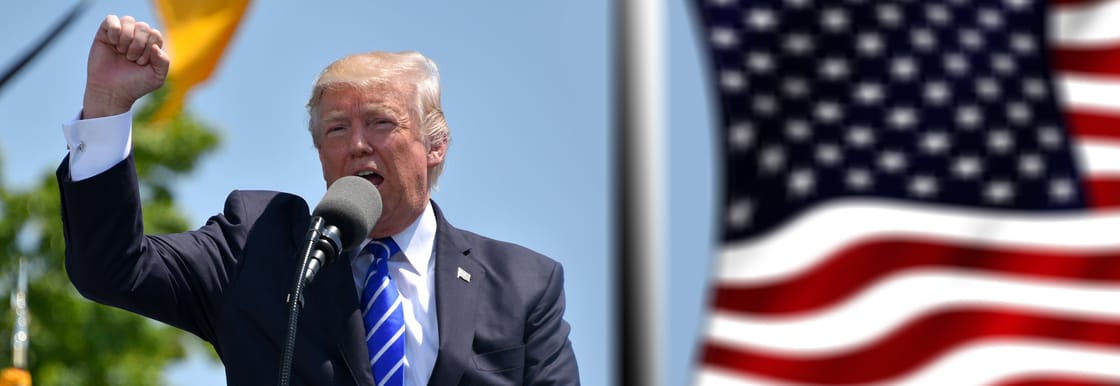Amazon will pay a $2.5 billion settlement to resolve a case alleging it misled millions of customers into purchasing Prime subscriptions.
Amazon has agreed to pay $2.5 billion to settle a Federal Trade Commission (FTC) case alleging the company misled customers into signing up for its Prime subscription service and made it difficult for them to cancel.
On Sept. 25, the FTC announced that Amazon will pay $1 billion in civil penalties—the largest in the agency’s history—and $1.5 billion in refunds to roughly 35 million customers affected by what the agency described as “deceptive Prime enrollment practices.” Eligible customers may receive up to $51 each. The settlement applies to customers who signed up for Prime via Amazon’s “Single Page Checkout” between June 23, 2019, and June 23, 2025.
In a statement, FTC Chairman Andrew Ferguson called the settlement a “monumental” win. He said it returns billions of dollars to consumers while preventing Amazon from engaging in the same practices in the future.
“The evidence showed that Amazon used sophisticated subscription traps designed to manipulate consumers into enrolling in Prime, and then made it exceedingly hard for consumers to end their subscription,” Ferguson said in a statement. “Today, we are putting billions of dollars back into Americans’ pockets, and making sure Amazon never does this again.”
Amazon did not admit wrongdoing as part of the settlement. The settlement was reached as Amazon was facing a federal trial over its potential violation of the Restore Online Shoppers’ Confidence Act and other consumer protection rules.
The FTC began investigating Prime enrollment practices in 2021 during the first Trump administration, and the lawsuit that led to the federal trial was filed in 2023 under former Chair Lina Khan.
The FTC accused Amazon of using manipulative web designs to enroll tens of millions of users in Prime without clear consent and making cancellation intentionally difficult.
Internal Amazon documents referenced by the agency described the process as “Iliad,” likening it to the lengthy siege in the Greek epic, and noted employees referred to subscription tactics as “a bit of a shady world” and “an unspoken cancer.”
The settlement resolves the FTC’s case regarding deceptive enrollment and cancellation practices, but Amazon faces another federal lawsuit in which the agency, joined by attorneys general from 17 states, is accusing the company of monopolistic practices in e-commerce. That trial is scheduled for early 2027.
In an emailed statement to The Epoch Times, Amazon spokesman Mark Blafkin said the company and its executives have “always followed the law.”
“This settlement allows us to move forward and focus on innovating for customers,” Blafkin wrote. “We work incredibly hard to make it clear and simple for customers to both sign up or cancel their Prime membership, and to offer substantial value for our many millions of loyal Prime members around the world. We will continue to do so, and look forward to what we’ll deliver for Prime members in the coming years.”
In an email to The Epoch Times, Amazon said that it felt the facts and law were on its side but that a settlement made sense so the company could instead focus its energy on its business.
As part of the settlement, Amazon must provide a clear and conspicuous button for customers to decline Prime, fully disclose all subscription terms during enrollment, and make it easy and cost-free for customers to cancel using the same method they used to sign up. An independent third-party monitor will oversee the company’s compliance.
Amazon told The Epoch Times that the requirements of the settlement largely mirror the sign-up and cancellation process that the company has used for several years and do not reflect an additional change.
Amazon Prime, launched in 2005, has grown to more than 200 million members worldwide. Membership costs $139 annually or $14.99 per month and provides benefits such as free shipping, video streaming, and discounts at Whole Foods.
In its latest earnings release, Amazon reported more than $12 billion in subscription revenue for the second quarter of 2025, a 12 percent increase from the previous year.
Reuters contributed to this report.
If you found this article interesting, please consider supporting traditional journalism
Our first edition was published 25 years ago from a basement in Atlanta. Today, The Epoch Times brings fact-based, award-winning journalism to millions of Americans.
Our journalists have been threatened, arrested, and assaulted, but our commitment to independent journalism has never wavered. This year marks our 25th year of independent reporting, free from corporate and political influence.
That’s why you’re invited to a limited-time introductory offer — just $1 per week — so you can join millions already celebrating independent news.








